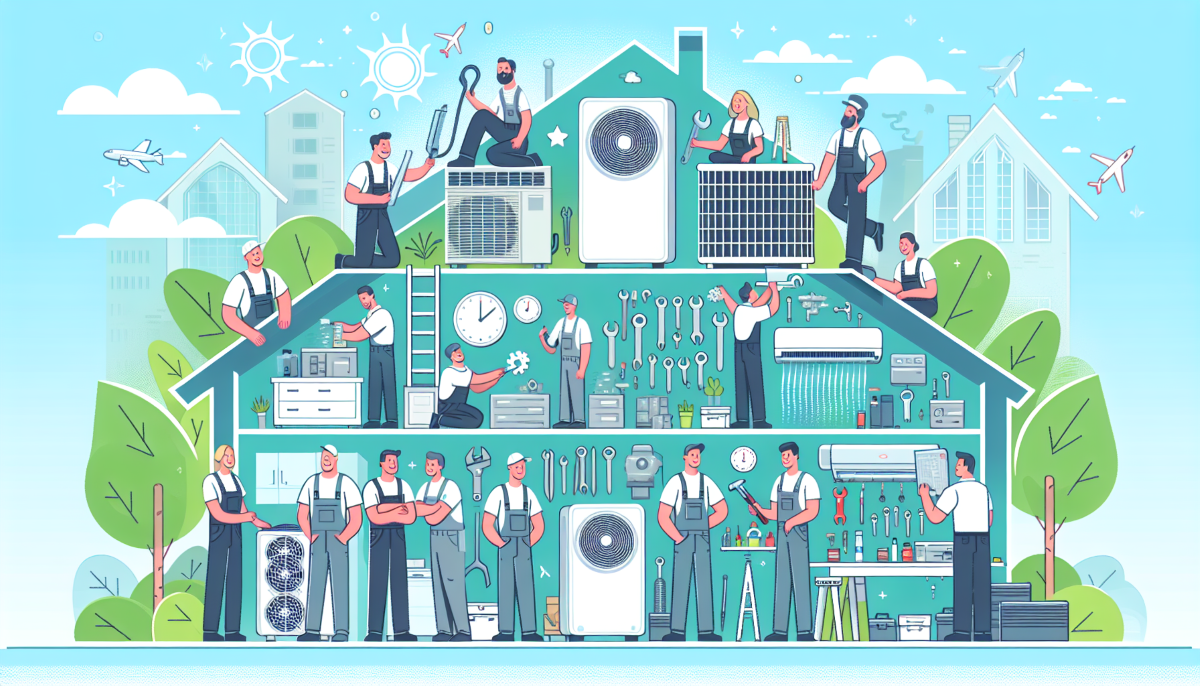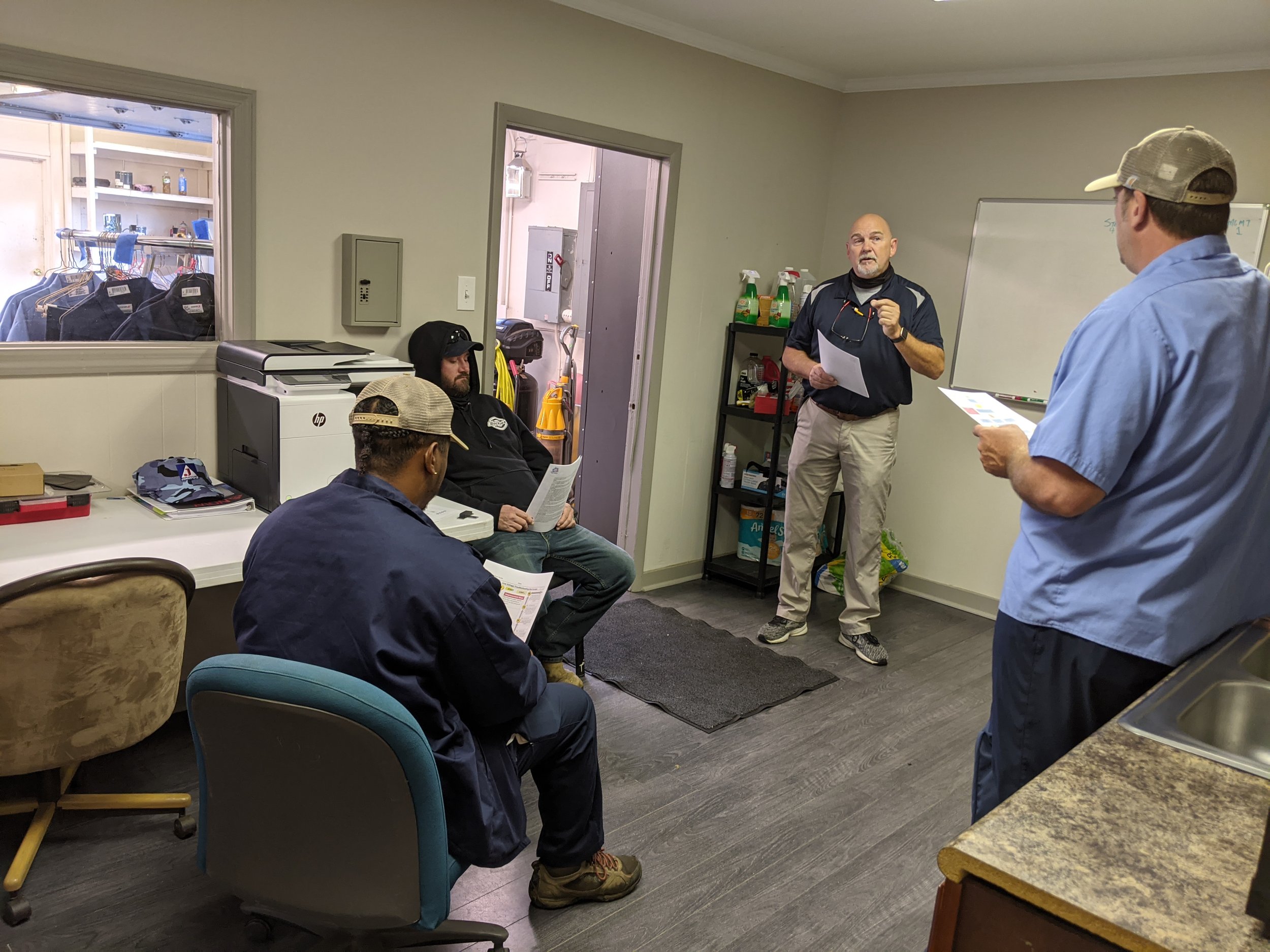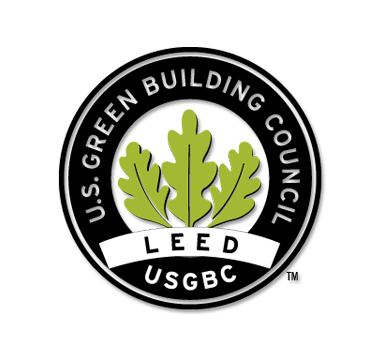Running an HVAC Business in 2024
What does it take to ensure your venture into running an HVAC business stands the test of market dynamics and evolves into a profitable entity? From managing startup costs to adopting new technologies and crafting a dynamic marketing approach, this article dives into the essential strategies vital to running a thriving HVAC business. It is your blueprint for navigating the complex yet rewarding landscape of HVAC entrepreneurship in the current market.
Key Takeaways
Effective HVAC business management in 2024 requires realistic business planning, accurate market targeting, careful financial management to maintain a profit margin between 10% and 20%, and adopting modern software tools for improved operations.
Leveraging technology like Housecall Pro for CRM and scheduling, Oncall Air for creating professional sales presentations and quotes, and ConnecTeam for team communication is critical for enhancing operation efficiency and customer satisfaction.
A strong marketing strategy combining online visibility with offline networking, a positive company culture that prioritizes employee training and engagement, and strict adherence to industry regulations and standards are all vital factors for successful and sustainable HVAC business growth.
Quick Links:
Establishing a Profitable HVAC Business
Building a profitable HVAC business requires:
Creating a realistic HVAC business plan
Accurately identifying your target market
Expertly managing startup costs
Selecting the right niche
The business plan is a roadmap that defines vision, sets goals, and outlines strategies for obtaining financing and mitigating problems. As a business owner, the right niche selection ensures better results and efficient use of resources.
We’ll now explore the importance of market research and niche selection, and subsequently understand the startup costs and financial management aspects of the business.
Market Research and Niche Selection
Establishing a niche in the HVAC industry can be a game-changer. Focusing on a specific audience and attracting high-quality leads is pivotal to the effective use of resources and better results. By identifying the target market, HVAC business owners can pinpoint their marketing strategies and tailor their services to meet the needs of their customers.
Startup Costs and Financial Management
A new HVAC business requires a substantial investment upfront, with costs ranging from $2,000 to $10,000. These expenses include:
Purchasing a service van or truck
HVAC tools
Software
Insurance
Initial marketing efforts
However, there are ways to alleviate startup costs. Purchasing supplies in bulk, negotiating manufacturer discounts, and managing fuel expenses can offer significant savings.
Financial management in an HVAC business involves diligent monitoring of expenses, staying current with accounting and tax obligations, and leveraging modern software for real-time financial insights and analytical support. It’s important to aim for a gross profit margin between 50% and 55% and to use effective pricing strategies to reach a net profit margin of 10% to 20%.
Enhancing Operations with Modern Technology
In the era of digital transformation, HVAC businesses can take advantage of modern software tools to streamline operations. Some benefits these tools offer include:
Efficient scheduling and dispatching
Professional quotes
Real-time tracking
Automated alerts
These tools can improve the allocation of technicians, enhance client communication, aid in demand planning, and minimize costs.
We will now examine some of the prominent software tools in the HVAC industry, namely Housecall Pro, Oncall Air, and ConnecTeam.
Housecall Pro for CRM, Billing, and Scheduling
Housecall Pro is a comprehensive management software that effectively integrates Customer Relationship Management (CRM), billing, and scheduling for HVAC businesses. It streamlines processes, enhances productivity, and ultimately boosts profitability.
Oncall Air for Sales Presentations and Quotes
Oncall Air is another powerful tool that helps HVAC businesses by:
Creating professional sales presentations
Providing accurate quotes
Supporting strategic flat-rate pricing, providing clear and consistent quotes for jobs with known durations
Offering hourly rate pricing for time-consuming or commercial HVAC contracts
The software also facilitates the creation of precise HVAC pricing charts, enhancing the accuracy of estimates provided to clients. This leads to better client communication, improved project management, and ultimately, increased customer satisfaction.
ConnecTeam for Team Communication
Effective team communication is vital for any successful HVAC business. ConnecTeam provides a platform designed for streamlined interactions and collaboration, making it an invaluable tool for improving team communication.
Building a Strong Marketing Strategy
The success and growth of any HVAC business are heavily influenced by its marketing strategies. A well-planned marketing strategy, encompassing both online and offline tactics, can significantly increase brand awareness and generate leads.
Online Marketing Tactics
In today’s digital age, having a strong online presence is paramount for HVAC companies. Here are some key strategies to consider:
Have a mobile-responsive website to ensure that potential customers can easily access your information on any device.
Build a strong social media presence to engage with your audience and showcase your expertise.
Create engaging content, such as blogs and videos, to build your company’s authority and improve search engine rankings.
Consider using Google Local Services ads to enhance your business’s visibility. The unique benefit of these ads is that you only pay when customer contact is made through the ad.
By implementing these strategies, you can effectively promote your HVAC company and attract more customers.
Skilled HVAC sales teams can build trust with customers by effectively showcasing solutions to their problems. This, in turn, can significantly increase revenue and boost your online presence.
Offline Marketing Techniques
While enhancing your online presence is critical, offline marketing techniques should not be overlooked. Direct mail campaigns allow for targeted marketing to specific neighborhoods or demographics, often resulting in a high return on investment.
Branded vehicles act as mobile billboards, increasing brand visibility and credibility whenever technicians are en route to a job or parked in a community. Networking events provide opportunities to connect with potential clients and partners, leading to referrals and business opportunities.
Creating a Positive Company Culture
Any successful HVAC business is built upon the foundation of a supportive and engaging company culture. It not only affects how the team operates together but also plays a significant role in supporting technicians’ advancement and influences employee development and learning.
Employee Training and Development
Investing in online training and simulations for your team can significantly improve employees’ skills and accelerate their job readiness. This hands-on, real-world training enables new HVAC workers to be profitable faster.
Interplay Learning’s 3D simulation-based training provides ‘real-world’ scenarios for HVAC technicians to learn hands-on and improve troubleshooting skills. Furthermore, sales training and coaching for technicians can significantly increase revenue, leading to growth of $1-2 million or more per year.
Employee Engagement and Retention
Engaged employees are the backbone of any successful HVAC business. By investing in team development and offering career advancement opportunities, you can demonstrate your commitment to your employees’ growth.
Implementing proper team training and offering performance incentives can enhance employee loyalty, bolster customer referrals, and increment the average sale amount per customer.
Ensuring Compliance with Industry Regulations
Staying abreast of government and industry regulations is of utmost importance in the HVAC industry. Changes in regulations, such as the increase in SEER ratings for air conditioning units and heat pumps in 2023, highlight the evolving nature of compliance requirements.
Licensing and Certification Requirements
HVAC contractors and HVAC technician professionals must comply with the licensing and certification requirements in their area. For instance, in Tennessee, while HVAC contractors must be licensed, technicians aren’t required to have a license.
To be licensed in Tennessee, HVAC contractors need to pass a trade exam and a business and law management exam with a minimum score of 73%. They are also required to carry both liability insurance and workers’ compensation for all projects, regardless of project size.
Adhering to Environmental and Safety Standards
Adherence to environmental and safety standards is another critical aspect of running an HVAC business. Following Environmental Protection Agency (EPA) regulations, for instance, is crucial.
In Tennessee, HVAC technicians who handle refrigerants need to have an EPA Section 608 certification. Failure to comply with EPA regulations can lead to substantial fines and legal repercussions. Moreover, proper disposal of refrigerants is mandatory to adhere to environmental safety standards and protect the ecosystem.
Expanding Your HVAC Business
For any successful HVAC business, expansion is an essential aspect. By focusing on scalability, efficient operations, and customer satisfaction, an HVAC business owner can grow their own business within the local market.
Diversifying Services and Products
Diversification is key to the expansion of an HVAC business. Maintaining HVAC services ensures a consistent revenue stream and enhances service offerings for clients.
Moreover, a well-defined sales process can enable HVAC technicians to better promote system sales and additional repair services, contributing to the diversification of business revenue.
Focusing on Customer Satisfaction and Retention
Maintaining connections with past customers and encouraging repeat business is crucial for any successful HVAC business. By utilizing automated reminders, businesses can:
Remind customers to schedule new services
Send personalized offers and discounts
Provide updates on maintenance and service plans
Collect feedback and reviews
Build customer loyalty and trust
This ultimately leads to increased customer satisfaction and retention.
Summary
Running a successful HVAC business in 2024 requires a comprehensive blend of strategic planning, efficient operations, robust marketing, a positive company culture, compliance with industry regulations, and a constant focus on expansion and customer satisfaction. By embracing these strategies, you can build a sustainable and profitable HVAC business.
Frequently Asked Questions
Are HVAC businesses profitable?
Yes, owning an HVAC business can be profitable, but it's important to closely monitor profit margins and manage operating costs efficiently.
How important is a business plan in establishing an HVAC business?
A business plan is crucial for establishing an HVAC business as it helps define strategies, set goals, and obtain financing.
How can modern software tools enhance HVAC operations?
Modern software tools such as Housecall Pro, Oncall Air, and ConnecTeam can enhance HVAC operations by streamlining scheduling, dispatching, inventory management, and financial transactions, ultimately improving efficiency and profitability.
What are some effective online and offline marketing techniques for an HVAC business?
To effectively market an HVAC business, use online tactics like content marketing and Google Business Profiles, and offline techniques such as direct mail campaigns and branded vehicles to maximize the reach and impact of your marketing efforts.
What role does a positive company culture play in an HVAC business?
A positive company culture in an HVAC business fosters a supportive environment, encourages employee development, and leads to higher employee satisfaction. This can result in improved productivity and customer satisfaction.










